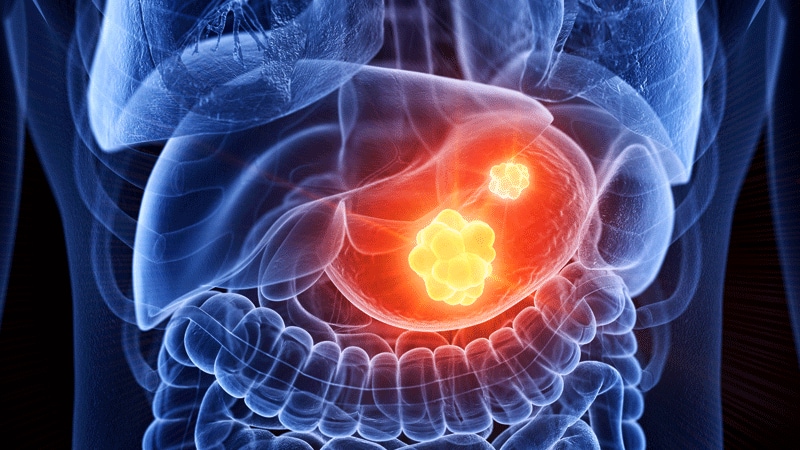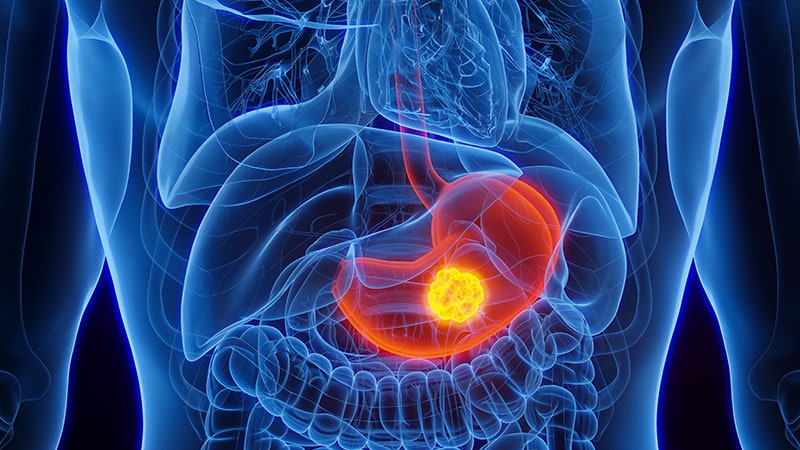A new study suggests that neutrophil to lymphocyte ratio (NLR) is an important prognostic inflammatory biomarker associated with poor survival outcomes in patients with oesophageal cancer. The findings were published in the journal Esophagus.
The study identified 330 patients undergoing oesophageal cancer surgery between 2004 and 2018 within a regional UK cancer network. Pathological parameters and markers of systemic inflammatory response (SIR) were measured before the surgery and correlated with the outcomes.
In the univariate analysis, predictors of poor survival were pT, pN, pTNM stage (P<.001 for all), poorly differentiated tumours (P=.001), vascular invasion (P<.001), R1 status (P<.001), perioperative chemotherapy (P=.009), C-reactive protein (P=.010), modified Glasgow Prognostic Score (P=.011) and NLR (P<.001).
In the multivariable Cox regression analysis, only NLR retained a significant association with disease-free survival (HR, 3.63; 95% CI, 2.11-6.24; P<.001) and overall survival (HR, 2.66; 95% CI, 1.58-4.50; P<.001).
The authors commented: "These findings emphasise the importance of not only staging the patient’s tumour radiologically; in essence a perceived histopathological stage; but also staging the patient’s physiological state using derivative SIR biomarkers."


